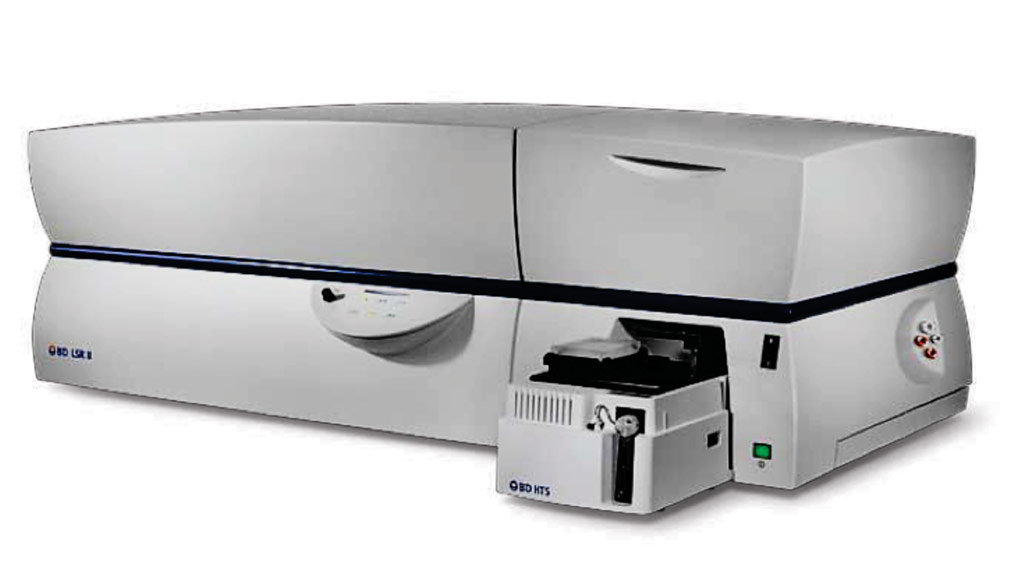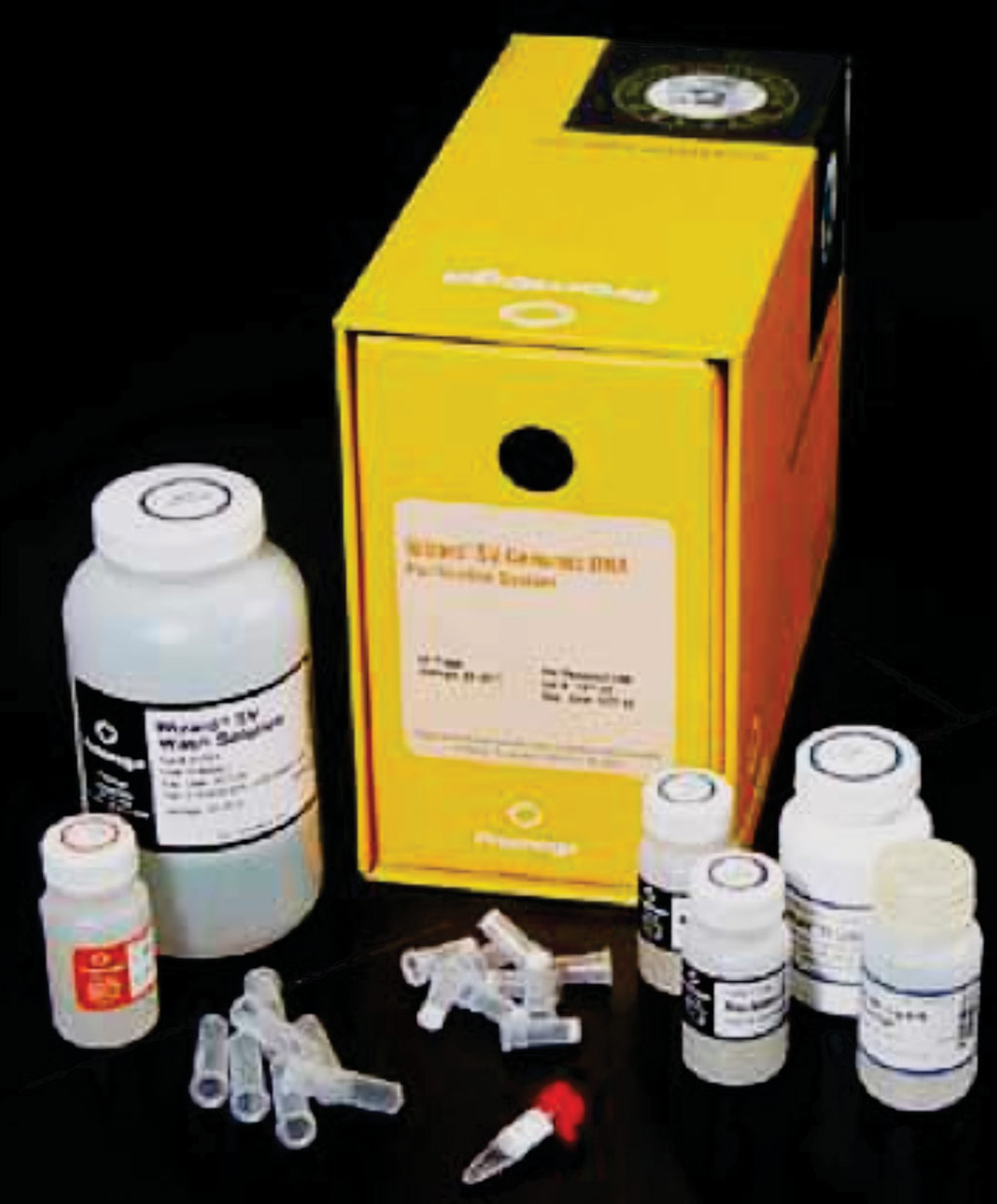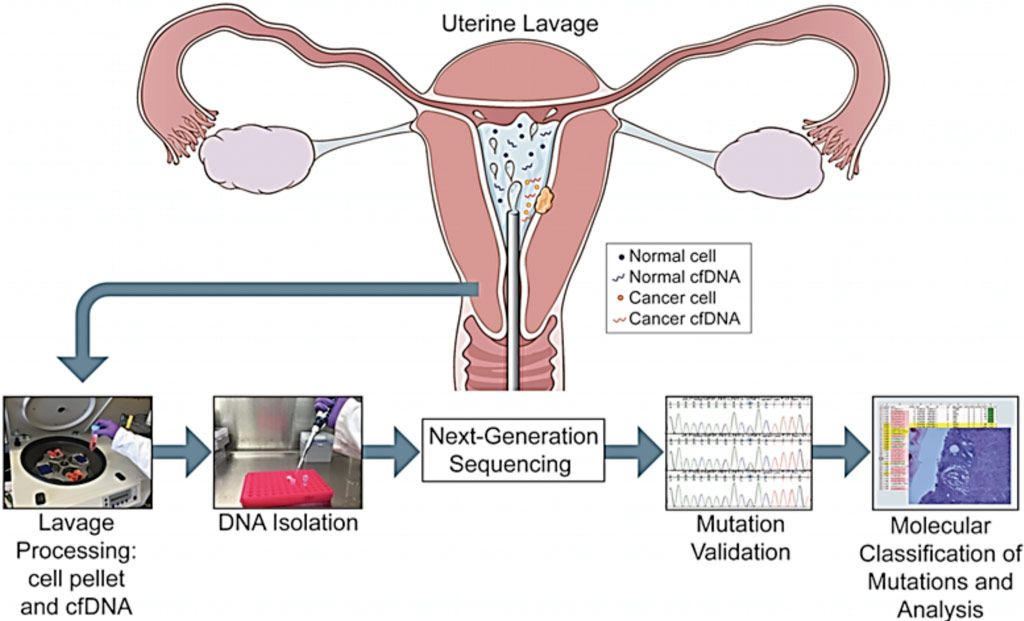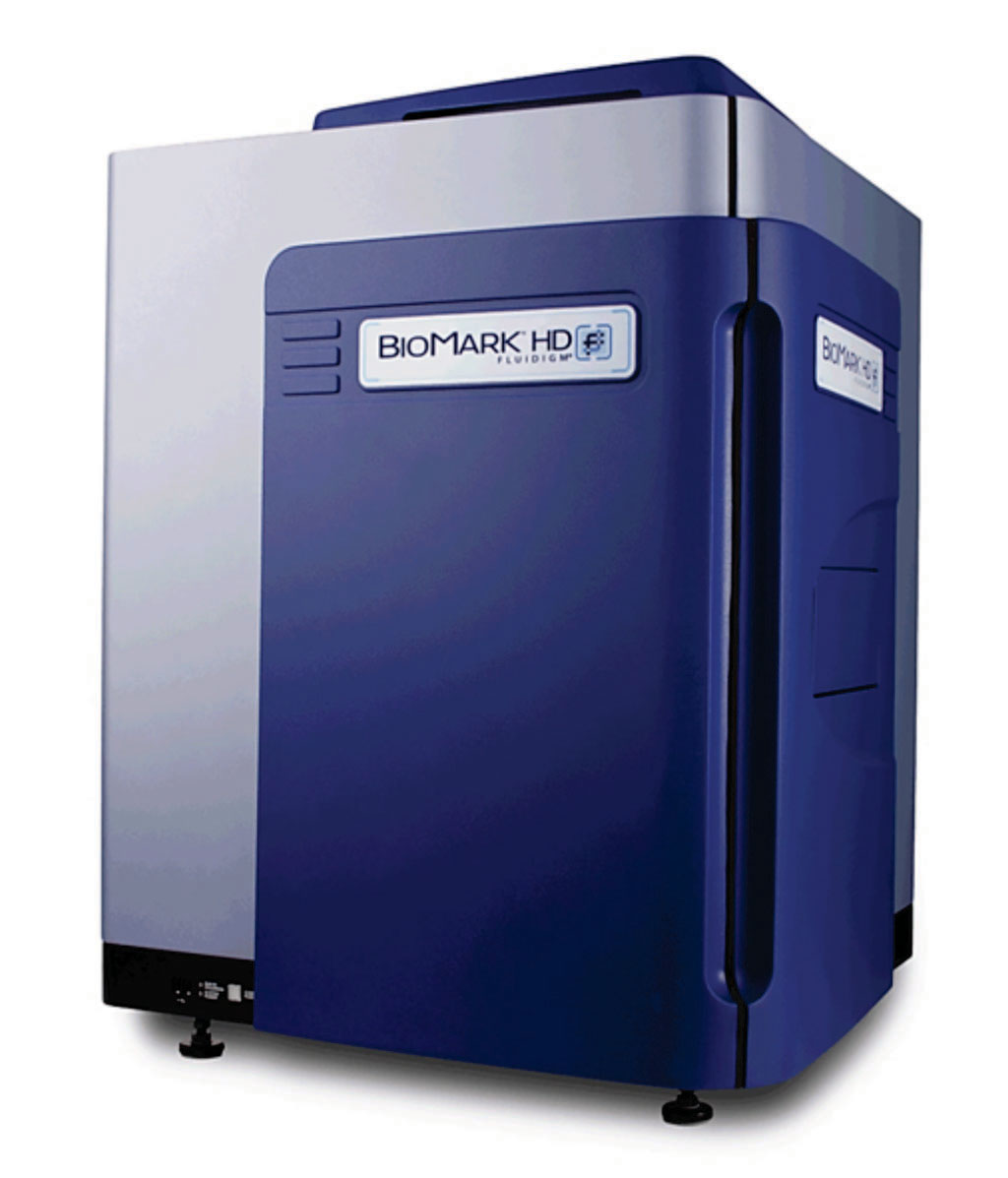Molecular Diagnostics
Susceptibility Genes Distinct from Severity Genes in Crohn's Disease
The group of 170 gene variants that have been linked to the development of Crohn's disease has been found to operate independently from a second group of four variants, which determines how severe the disease will be. More...17 Jan 2017

Genetic Test Determines Patients Sensitivity to Cancer Drug
The identification of genetic biomarkers of synthetic lethal drug sensitivity effects provides one approach to the development of targeted cancer therapies. Testing for a gene commonly mutated in ovarian cancers could pick out patients who will respond well to a promising new class of cancer drugs. More...12 Jan 2017

Genomic Sequencing Illuminates Recent Shigellosis Outbreaks
Shigellosis is an acute gastrointestinal infection caused by bacteria belonging to the genus Shigella. Shigellosis is the third most common enteric bacterial infection in the USA with 500,000 infections, 6,000 hospitalizations, and 70 deaths each year. More...12 Jan 2017


Endometrial Cancer Mutations Detected in Uterine Lavage Fluid
Endometrial cancer is the most common gynecologic malignancy, and its incidence and associated mortality are increasing and despite the immediate need to detect these cancers at an earlier stage, there is no effective screening methodology or protocol for endometrial cancer. More...11 Jan 2017

In Other News
Gene Activity Predicts Progression of Autoimmune Disease
New Genetic Cause Discovered for Dystonia
Highest Sensitivity Liquid Biopsy Test Introduced for Lung Cancer
Ribosomal Protein Expression Specifies Normal and Malignant Human Cells
Serum MiR-122 Levels Associated with Histopathological Features of NAFLD
Bioinformatics Tool for Evaluating the Evaluation of Cancer Genes
New Genetic Mutations Linked to Subset of Gastrointestinal Stromal Tumors
Circulating Cell-Free DNA Predicts Gastric Cancer Patients Prognosis
Isothermal DNA Amplification Method Detects Onchocerca in Skin Biopsies
Mutations in Gene Show Predisposition to Artery-Damaging Disease
Genomics Technique Accelerate Detection of Foodborne Bacterial Outbreaks
Real-Time PCR Of Oropharyngeal Swabs Diagnoses Pneumonia in Adults
Unique Assay Improves Cancer Diagnosis for Leukemia Patients
Blood Test Could Predict Best Treatment for Lung Cancer
Rare Genetic Variations Linked to Schizophrenia
Genetic Testing Identifies High-Risk Subtype of Acute Lymphoblastic Leukemia
Specific Gene Expression Differentiates Moles from Melanoma
Diagnostic Tool Designed for Familial Mediterranean Fever
Successful Treatment of Enteritis Due to Newly Discovered Gene Mutation
Multiple Biopsies Recommended for Personalized Breast Cancer Treatments
Genetic Test Significantly Reduces Risk of Cardiovascular Events
Novel Urine Test Predicts High-Risk Cervical Cancer
Titin Gene Mutation Increases Risk of Heart Failure

Genetic Testing channel of LabMedica brings the latest in molecular genetics, cytogenetics, and epigenetics, and methods from PCR to FISH, and more.










